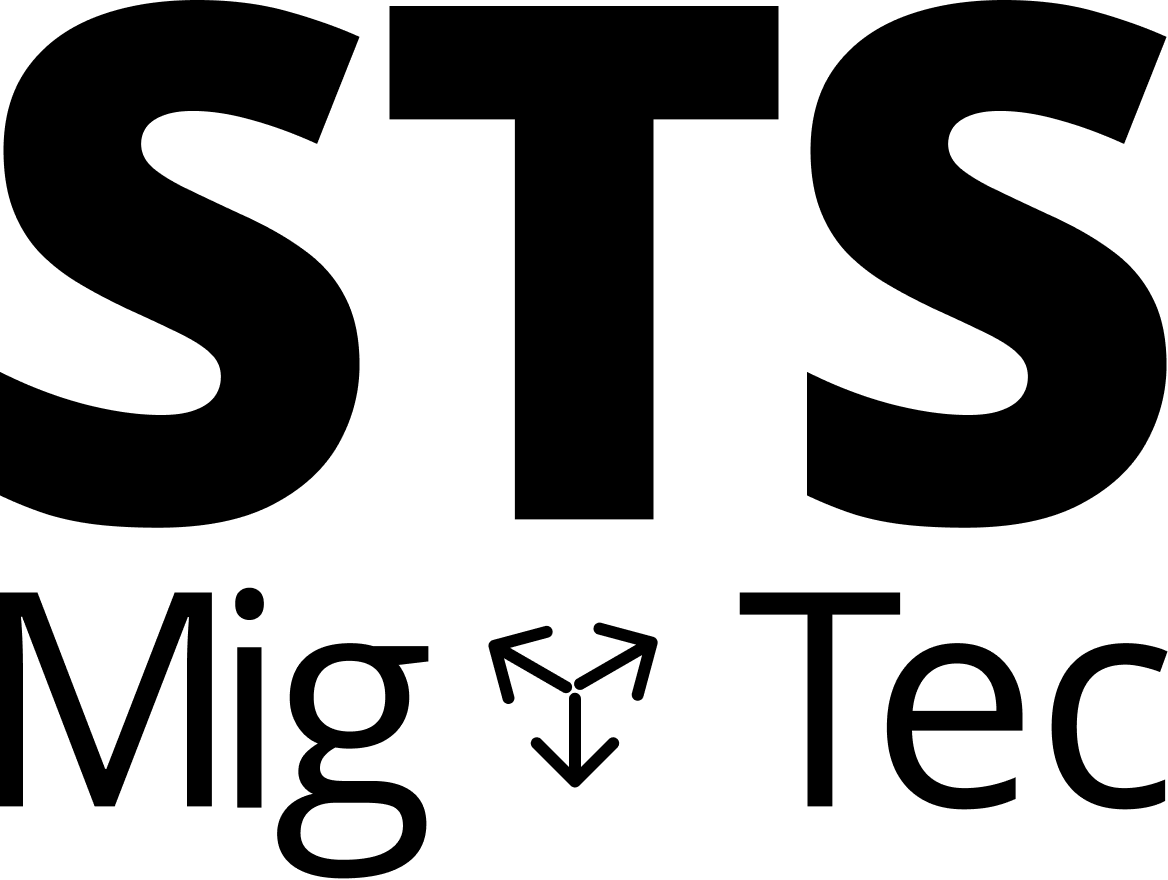Abstract
This text considers the pairing of infrastructure and imagination, looking at how the two have been explored in studies of infrastructure to date, and working to explore them further through a set of examples centered around both imagined and actual instantiations of interventionist infrastructures for freedom of movement within and around the Mediterranean Sea. It does so by engaging with current discussions within studies of infrastructure, and also through closer study of the interventionist-oriented infrastructural projects Watch the Med and Alarmphone, as well as architect Adrian Lahoud’s speculative Project for a Mediterranean Union (2010).
These examples work to challenge certain longstanding and ongoing colonial and post-colonial projects, with their imaginaries and active projects of infrastructural violence enacted against different groups within and connected to the Mediterranean region. The hope in putting these examples and concepts in dialogue with one another is to attempt to highlight some of the questions, tensions and possibilities that are central to questions of interventionist-oriented practices of infrastructuring. Especially for those hoping to constructively engage with the study and pursuit of building alliances and infrastructures that challenge some of the dominant and oppressive paradigms of the present.
“Infrastructure and Imagination: learning from practices of interventionist infrastructuring and capacity building”
Eric Sodgrass (TEMA-T, Linköping University, Sweden)
About the event series
STS-MIGTEC Circle is a small format which serves to reflect jointly on work-in-progress contributions related to the themes of interest to STS MIGTEC. The idea is to create a safe space for probing and experimenting with ideas, arguments, attempts of analysis, sense-making of empirical material. It’s the right space for you if you already invested substantial energy and dedication into that work, but you still feel the piece to be raw and fragile. We invite individual scholars – of all career stages – to take other interested scholars on board to jointly reflect and discuss with care and constructive feedback.
